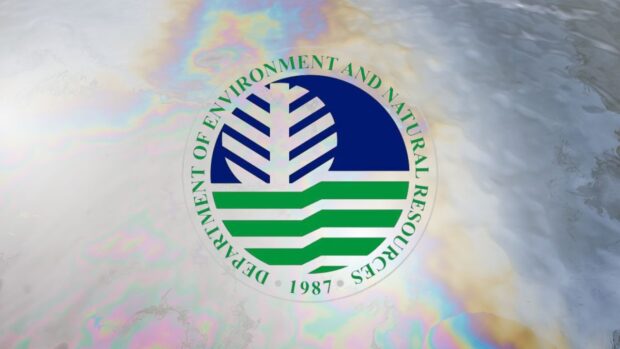DENR to reform existing policies to prevent oil spills
MANILA, Philippines — The Department of Environment and Natural Resources (DENR) is looking to reform existing policies to prevent oil spills as it recently held discussions with local shipowners to form a technical working group.
“We need to prevent the risk and that needs to be translated in the policies, in the processes, and in the technical capacities of the people that are actually implementing these laws,” Environment Secretary Antonia Loyzaga said in a recent statement.
According to the DENR, the shipping operators have reached out to the environment chief to see how they could support the agency in preventing and responding to future disasters.
Based on the discussions, they identified the classification of ships and the number of permits issued for specific purposes as one of the gaps in the existing policies.
“I have discussed with them the importance of identifying the gaps organizationally, functionally, legally, and policy — and practice-wise so that we can prevent another oil spill from happening again,” Loyzaga said.
Article continues after this advertisementMore than two months after a fuel tanker sank off the coast of Oriental Mindoro, the Philippine Coast Guard said the oil spill cleanup was still ongoing.
Article continues after this advertisementThe DENR estimated that a total of P7 billion worth of marine resources might potentially be affected by the massive oil spill.
“The total area extent of the three ecosystems (mangrove areas, seagrass beds, and coral reefs) that fall within the oil spill trajectories across the three provinces is estimated to hold an economic value of around P7 billion,” the DENR Biodiversity Management Bureau said, referring to the provinces of Oriental Mindoro, Palawan, and Antique.
However, the actual value of the habitats affected by the spill has yet to be determined, as it would be based on on-ground validation through habitat impact assessments and further economic valuation exercises.
Liza Osorio, legal and policy director of Oceana Philippines, pointed out in a webinar that, based on Republic Act No. 9483, the liability of oil spill pollution from ships could be measured through the cleanup operations expenses at sea or on shore.
The damages also include expenses for preventive measures, consequential loss or loss of earnings suffered as a direct result of an incident, and the pure economic loss or loss of earnings sustained by the fisherfolk and tourism sector.
